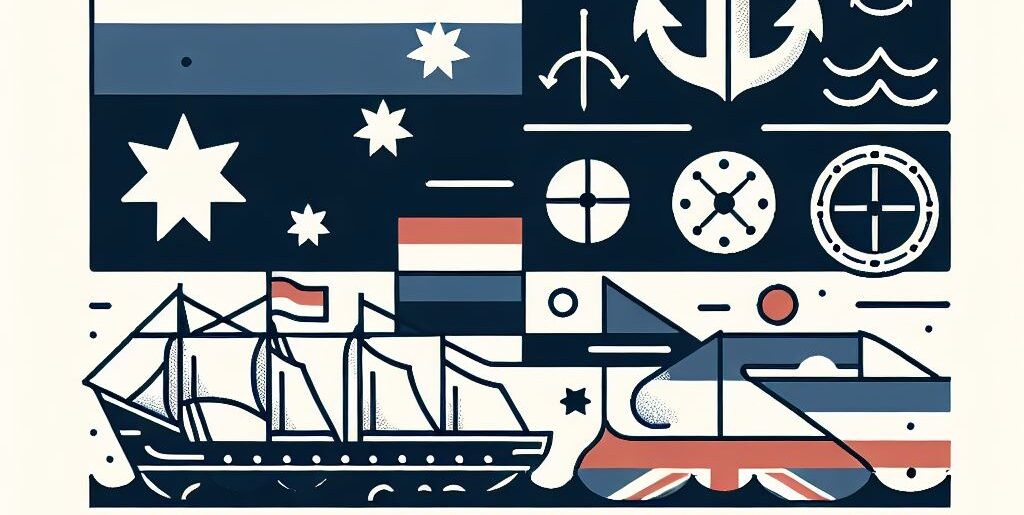

Dutch Maritime, Military, Migration, and Mercantile History in Australia
October 16, 2024 | 6:00 PM - 7:00 PM
Event description
Dr. Nonja Peters will explore the rich maritime, World War II military, post-war migration, and trade (mercantile) heritage—collectively referred to as the “Four Ms”—that connect the Netherlands and Australia. This historical relationship began in 1606 when Captain Willem Janszoon and his crew aboard the VOC ship Duyfken made the first recorded European contact with the Great Southland, landing on the western side of the Cape York Peninsula in present-day Queensland. Additionally, four VOC shipwrecks were discovered along the Western Australian coast between 1629 and 1727, further solidifying these early maritime connections.
During World War II, the American, British, Dutch, and Australian Command (ABDACOM) forces were allied, while the Administration of the Dutch East Indies (NEI) operated in exile at Camp Columbia in Wacol, Brisbane.
In this presentation, Dr. Peters will delve into the Four Ms, discussing the lasting collaborative efforts between the Netherlands and Australia to preserve and honour this shared history.
From the mid-1970s to the early 2000s, Dutch, Italian, and Greek migrants in Australia had the highest business profiles among all migrant groups, showcasing the significant impact of migration on Australia’s post-war economic development.
The presentation will follow the AGM of the Dutch Australian Cultural Centre and will be delivered live from Perth, projected on a large screen at the Brisbane venue. After the presentation, a discussion with Dr. Peters will be moderated by Paul Budde, who will also provide an update on the heritage plans for Camp Columbia, Wacol, where the Netherlands East Indies Government in exile was based during WWII. Feel free to join the AGM, which starts at 5pm.
The venue is a 3 minute walk from Roma Street Station, paid parking is also available.
We look forward to seeing you on the 16th!
